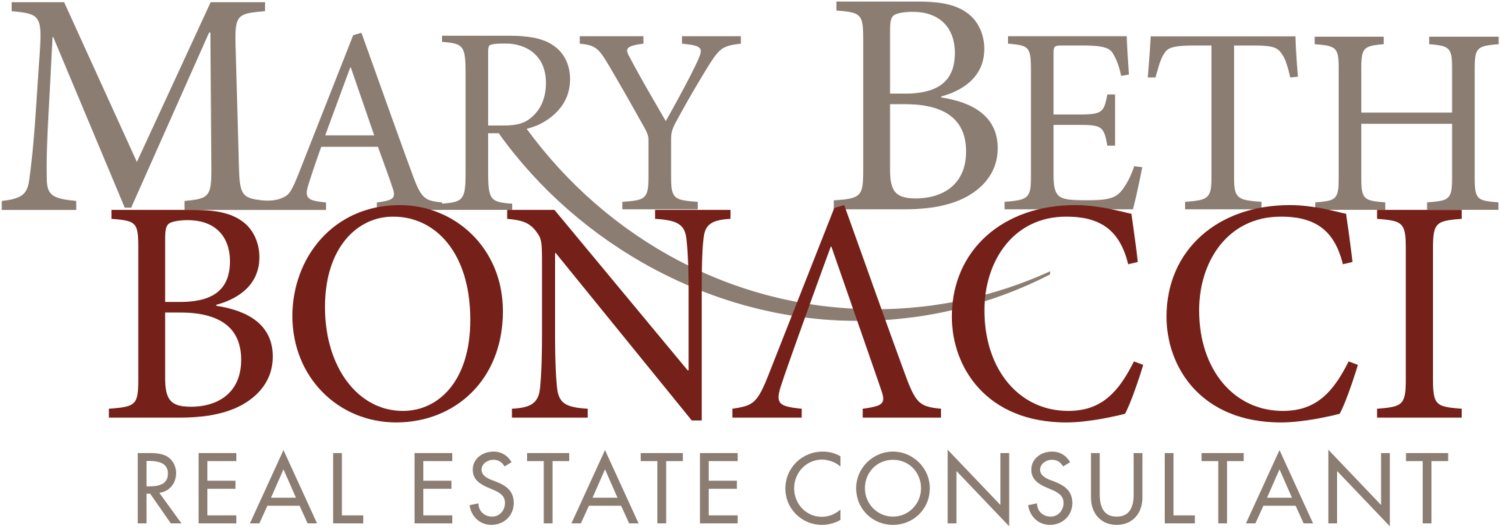iBuyers -- Too Good To Be True?
/Several years ago, a dear family friend was in a financial pickle, and desperate to sell her house. She called one of those “We Buy Ugly Houses” type companies, and they made her an offer. I took one look at the contract and almost got sick. The offer price was paltry, and there were numerous loopholes that gave the company additional ways to separate her from her hard-earned equity.
I asked her for the opportunity to list the house on the open market. We listed it. It went under contract in a day, for far more than the company had offered, and she walked away with a boatload more equity, which she used to pay off bills and buy another home for her family.
Now the same “We Buy Ugly Houses” philosophy is back, but this time it’s dressed up in a prettier package, with billions in Wall Street money behind it. Now they call themselves “iBuyers”, and they are filling the airways and interwebs with ads about how you can use them to sell your house far more quickly and conveniently than traditional real estate listings.
It seems simple. They make an offer to buy your house. You can close whenever you like, and they give you cash. No staging, no showings, no buyers traipsing through your house, no waiting for an offer.
All of which is true. But that convenience doesn’t come cheap.
I requested a no-obligation offer (because I have no intention of selling) on my house, just to see what this process looks like from the inside. Their offer was, by my analysis, slightly lower than the market value. But I was more alarmed by the fine print.
First of all, it’s true they don’t charge a real estate commission. But they do charge a “transaction fee,” and it’s a doozy. In my case, it was 7.3%, or nearly $43,000. That’s a lot higher than any commission I’ve ever charged, or even seen. In addition, if I had accepted, they would have inspected my house, and presented me with a list of repairs that I would be expected to pay them to make. At their rates. No negotiation.
And yet, with an apparently straight face, their web site claims that selling with them costs less than selling with a traditional agent. How do they figure that? They vastly inflate the costs associated with a traditional sale. For instance, they estimate seller concessions at 2% of the value of the property. On a $500,000 house, that’s 10K. The only times I have ever seen concessions come remotely near a figure like that were when a sewer pipe was busted clean, or a house had structural issues, or it was in just plain falling down bad condition. They also estimate 1% of the property’s value in “home ownership and overlap”, whatever that means.
To get down to the real figures, MarketWatch conducted a study comparing iBuyer transactions to traditional real estate transactions. They found that, after commissions and fees, iBuyer sellers netted an average of 11% less than sellers who sold their houses the traditional way. On a $500,000 house, that’s over 50K in proceeds left on the table. (I’m told that another study, conducted by Inman Real Estate News, set the figure even higher, at 13-14%.) That’s a pretty steep price for a little convenience. MarketWatch also found that iBuyer sellers encountered considerably more uncertainty, not less, than traditional sellers, especially around the inspection process.
Just today, my office held a meeting to discuss the iBuyer phenomenon. Most iBuyers will work with listing agents, and a few in our office have been involved in these transactions. Across the board, they report that the transactions are not as seamless as the advertising would have you believe. They said that communication was nearly impossible, and that the non-negotiable list of demands grew throughout the transaction.
In addition, our agents confirmed MarketWatch’s observations about uncertainty in the inspection process. One said that the inspection was done not by an inspector, but by a data analyst with a camera, who was not allowed to touch anything beyond the on/off switches on the appliances. And yet the subsequent repair “fees”, according to these agents, were astronomical and vastly out of proportion to any work that actually needed to be done. One iBuyer charged a $6000 “cleaning fee.” The list went on and on.
It makes sense. After all, what is an iBuyer going to do with your house? They aren’t going to live in it. They are going to turn around and re-sell it. And the only way for their business model to make sense would be to sell it at a profit. So they obviously can’t buy it from you at market value, and then turn around and immediately re-sell it for the same market value. So between the offer price and the fees, they need to build in enough profitability to make the model work.
In the end, this is what it boils down to: in the traditional real estate sales model, a seller is represented by an agent who is ethically bound to represent the seller’s interests, and who is motivated to get the highest price for the home. In the iBuyer model, an often inexperienced and unrepresented seller is pitted against a highly experienced corporate investor whose sole motivation is to purchase the property for the lowest price possible.
If you’re considering selling your home to an iBuyer, I would strongly suggest that you contact an experienced real estate agent (like myself) first, to get a true idea of the value of your home and the costs involved in selling it, and compare net proceeds between the two methods. If you decide to go the iBuyer route, go with one of the companies that will allow seller representation by a licensed real estate agent. If you are going up against a huge corporation in what will probably be one of the largest financial transactions of your life, you need a professional representing your interests. Sellers who have worked with agents in our office on iBuyer transactions say that they were grateful for the representation.
There may be times when a seller really needs the convenience of being able to sell quickly, for cash. But if you aren’t willing to part with 10% or more of the value of your home for the sake of that convenience, you may not be that seller.








